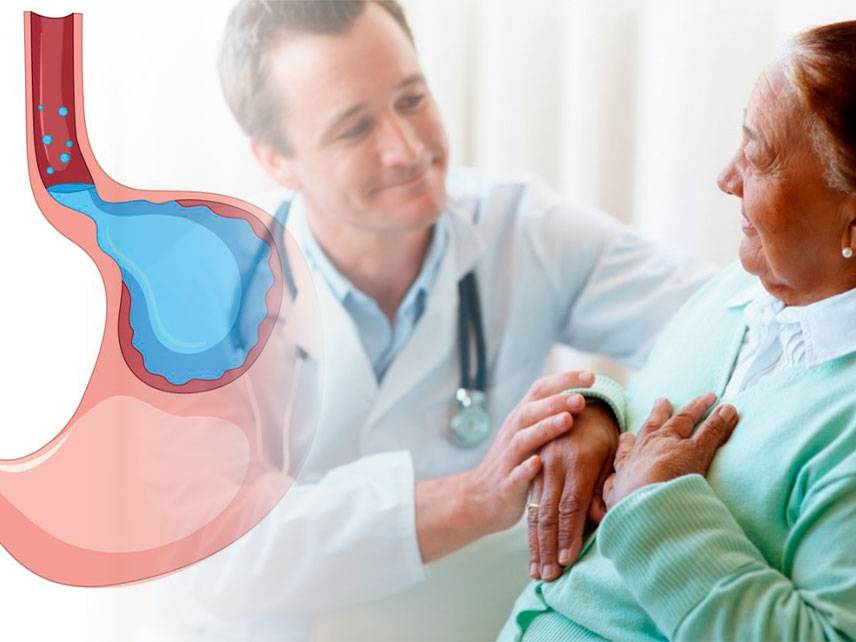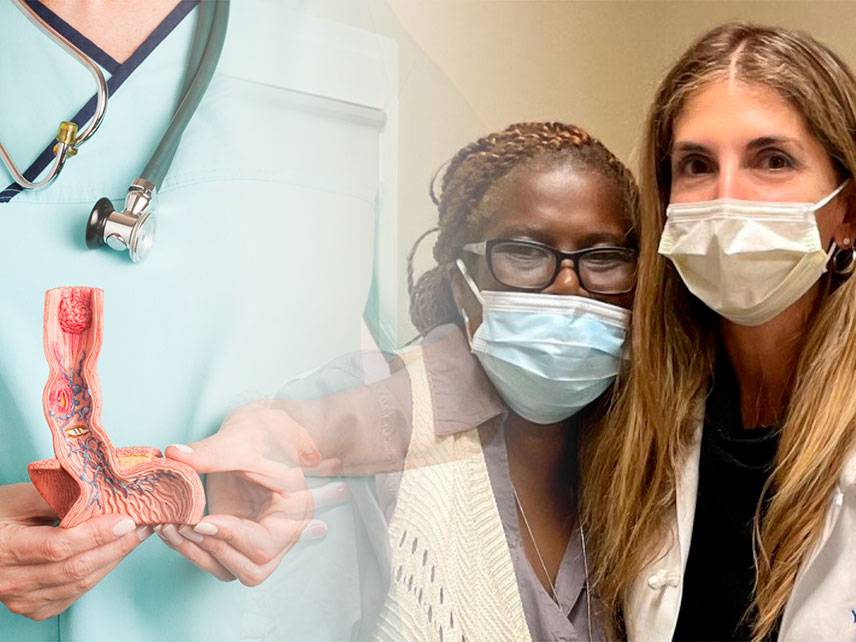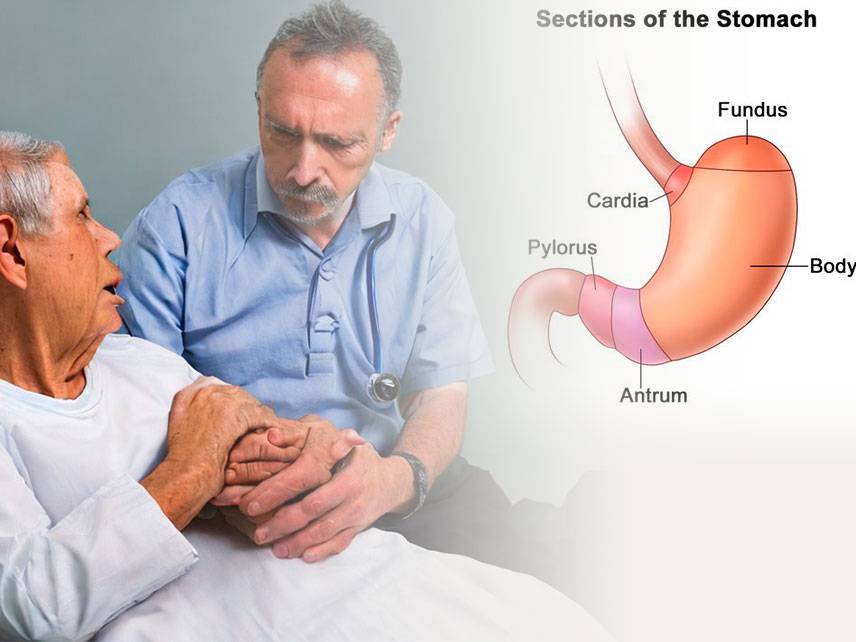
Gastroesophageal Reflux Disease: symptoms, causes, diagnosis, treatment.
Gastroesophageal Reflux Disease (GERD) is a chronic digestive disorder that affects the lower esophageal sphincter (LES), the muscle connecting the stomach and the esophagus. GERD occurs when the LES weakens, allowing stomach acid and other contents to flow back into the esophagus (reflux). Symptoms of GERD include heartburn, chest pain, regurgitation, and difficulty swallowing. Common causes of GERD include obesity, smoking, certain foods, and certain medications. Diagnosis of GERD is typically based upon symptoms and an examination of the esophagus. Treatment of GERD can include lifestyle changes, medications, or in more extreme cases, surgery.







